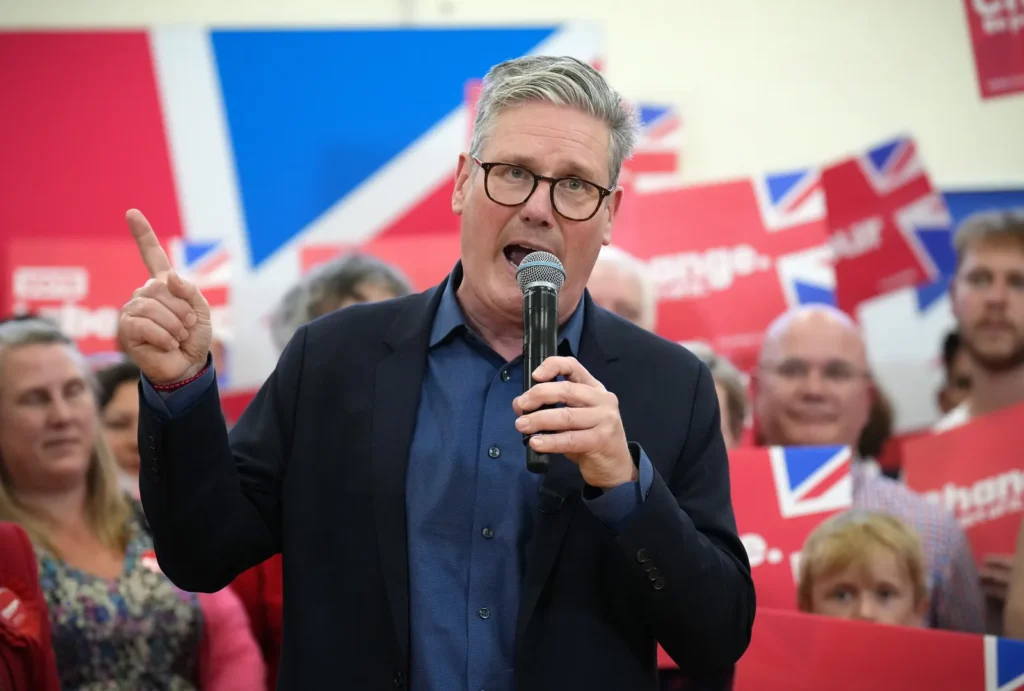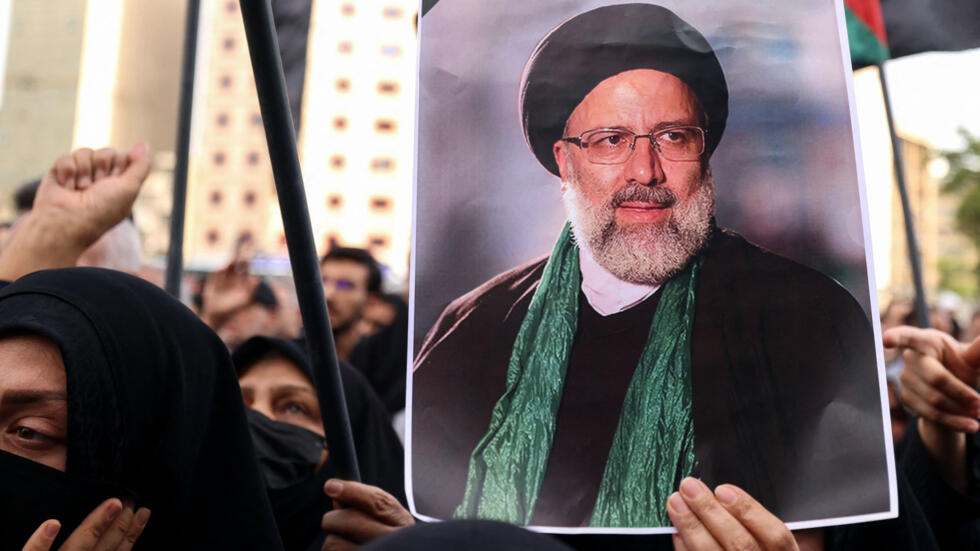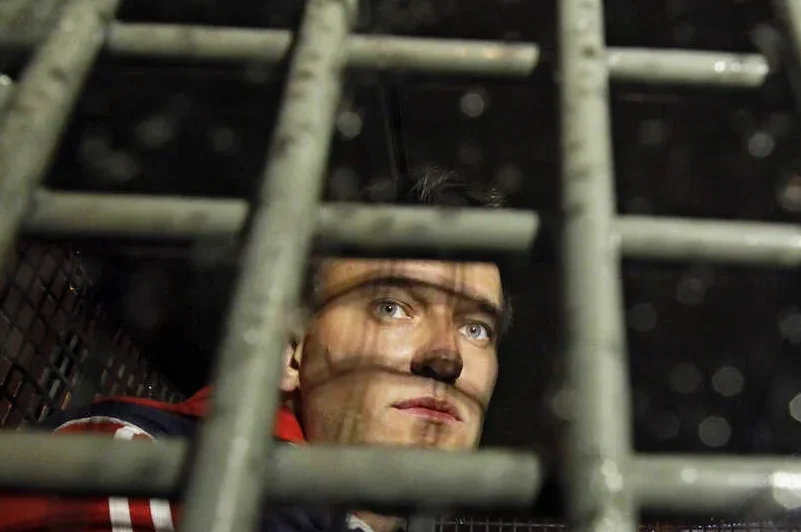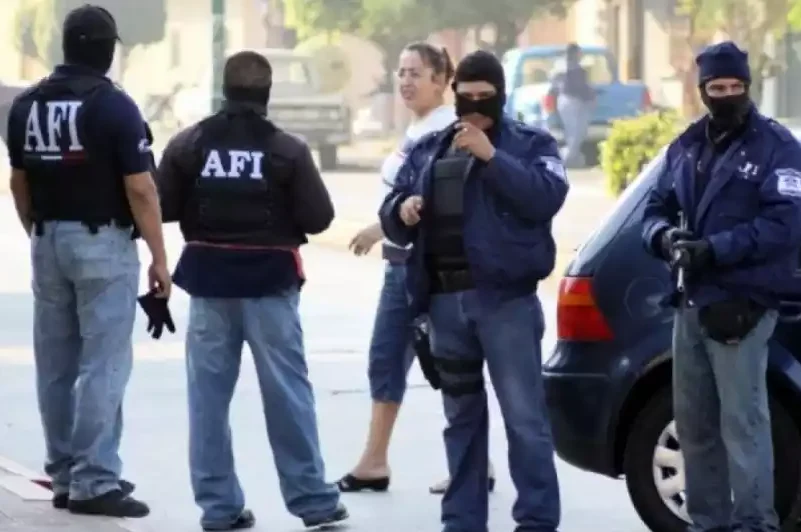Haiti’s Prime Minister and its repercussions

Haiti’s Prime Minister Ariel Henry has agreed to step down after weeks of mounting pressure and increasing violence in the impoverished Caribbean nation.
The decision by Haiti’s prime minister followed a meeting of regional leaders in Jamaica on Monday to discuss a political transition in Haiti.
Henry was forced to stay in Puerto Rico after armed gangs prevented his return to the country.
In a video, Haiti’s prime minister announced his resignation, and urged Haitians to remain calm.
“The government I lead will resign immediately after the installation of a [transitional] council,” Henry declared.
The alliance with which Mexico and Gran Colombia sought to fend off European imperialism and expel Spain from the Caribbean 200 years ago.
“I want to thank the people of Haiti for the opportunity they have given me. I ask all Haitians to remain calm and do all they can to return peace and stability as soon as possible.”.
READ HERE: FEBRUARY 2024 INFLATION IN THE U.S.: PENDING BALANCE.
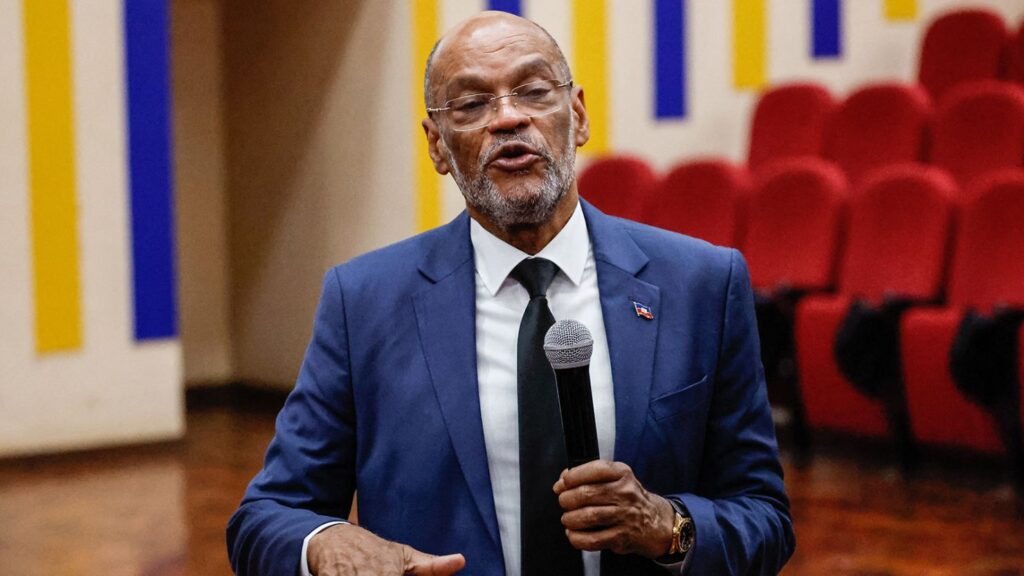
Haiti’s Prime Minister and its repercussions
Haiti’s prime minister supposedly led the country on an interim basis since July 2021, following the assassination of President Jovenel Moïse, had repeatedly postponed elections, noting that security had to be restored first.
Many Haitians questioned his ruling the country for so long without being elected president.
Heavily armed gangs have been in control of the streets of the capital Port-au-Prince for several days, demanding the resignation of the appointed prime minister.
Port-au-Prince and the surrounding region has been under a state of emergency for a month, with a curfew that has been extended.
“The police are weak and more than 40 police stations are destroyed. The army is very limited and ill-equipped; gang members occupy most of downtown [Port-au-Prince] and some of the government headquarters.”
“Very soon people will run out of food, medicine and … medical support.”
Ariel Henry had traveled to Kenya to sign an agreement for the deployment of an international security force to help control violence when a coalition of gangs attacked police stations and stormed two of Haiti’s main prisons.
The resignation of Haiti’s prime minister had been expected for several days.
The CARICOM group of Caribbean nations had made it clear that his figure was seen as an impediment to Haiti’s stability and that he would have to step aside so that the transition council could begin.
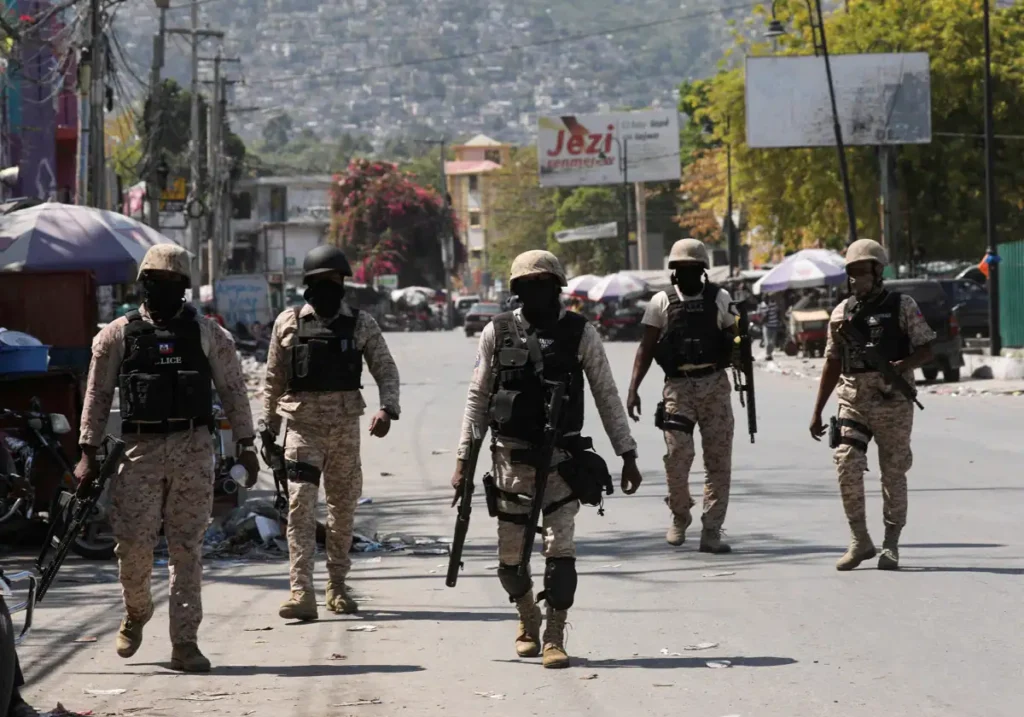
READ MORE: THE LEVEL OF EDUCATION IN FLORIDA IS THE THIRD LOWEST IN THE UNITED STATES
In the United States, the White House initially wanted Henry to return to Haiti to oversee the transition process, but the ferocity of the fighting in the country caused Washington to change its mind in recent days.
Without the support of the U.S. State Department or any of the neighboring countries, it became clear that Henry had no choice but to resign.
A senior U.S. official said Henry had first made the decision to resign the previous Friday, but delayed the official announcement to allow the talks to take place.
U.S. Secretary of State Antony Blinken pledged an additional US$100 million to fund an expected 1,000-strong Kenyan security force backed by the UN.

